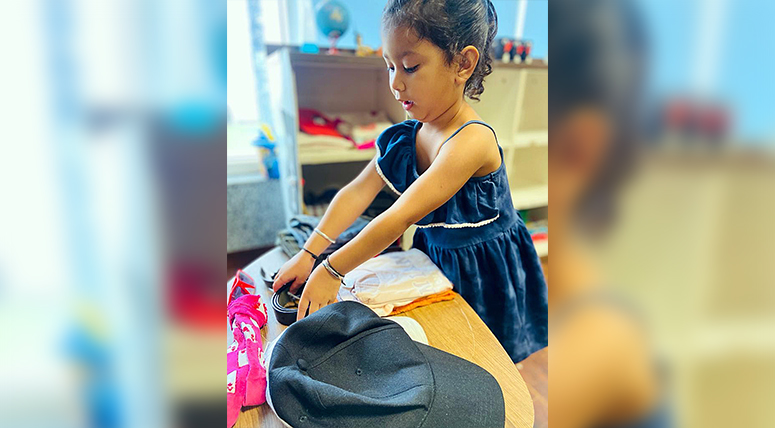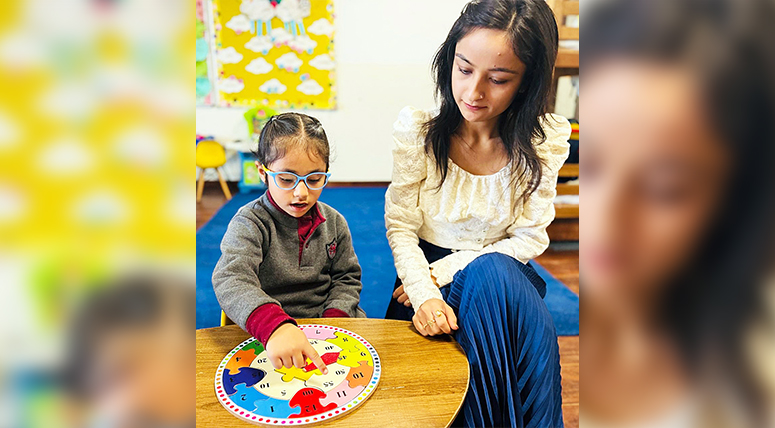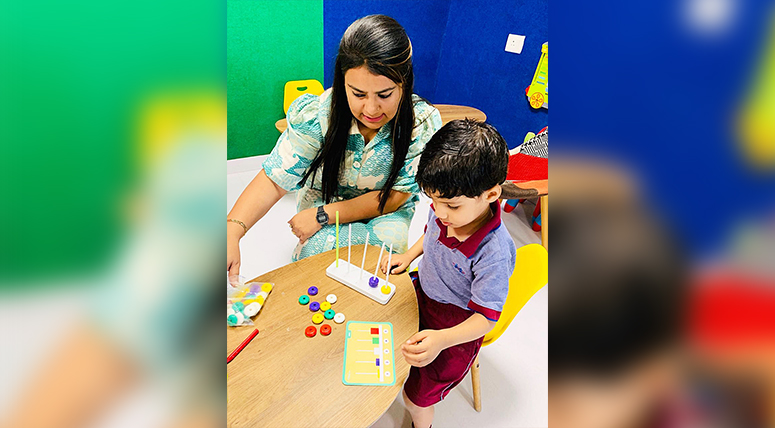Blog
DISCIPLINING EXAM PATH: THE RIGHT WAY!

THE TRAILING WHISPERS|| MENTORS OPINE || EPISODE 6
DISCIPLINE- THE KEY INGREDIENT OF CONSTRUCTING ROADS TO EXAMS
In Manav Rachna International School, Mohali, Discipline holds an essential place in students’ lives. It helps them achieve academic goals and personal growth. Educators should recognise the importance of discipline and help the students to incorporate it into their lives. It is crucial for their journey in academia as well as overall development. In today’s time, it is the educator’s responsibility to elucidate various strategies and tips to help the students nurture discipline. It develops a culture of excellence in the institute by assisting students in achieving their personal goals.

The top CBSE school of Mohali, discipline is not limited to just rules and regulations. It is defined as a way of life narrated by commitment, self-control and diligence. The educators should become an example for the students to cultivate the habit of discipline effectively in their lives. The educators are responsible for embodying discipline in their actions and becoming a tangible model that the students can follow. Consistency in conduct, punctuality and dedication towards work are some of the characteristics that educators must possess. These qualities towards the profession act as potent catalysts that encourage students to become disciplined in both personal life and academics.

Furthermore, educators of the best International School of Mohali should concentrate on developing a conducive learning environment for nurturing discipline. They should establish clear expectations, rules and consequences among the students. There should be understandable and adaptable parameters for the students in the classroom or on the school premises. Educators should ensure consistency when enforcing the guidelines for the students so that there is a sense of accountability. Educators’ consistency will give the students an idea of the importance of discipline.
In addition to creating a structured environment, educators should encourage students to set goals for themselves to reflect their commitments. It will help the students to set achievable targets and develop schedules for their academic endeavours.

Educators of the best CBSE School in Mohali remember that all students have different potential. Setting up similar goals for them will take a lot of work. Educators should refrain from giving the same set of rules and goals to the students in the classrooms, as it may lead to indiscipline. The aim of each educator should revolve around empowering the students to take charge of their learning journey. It will help them organically foster discipline without hampering their mental health.

Integrating mindfulness and time management techniques into the curriculum also helps equip the students with essential tools to maximise their productivity. It allows them to perform better without hampering their health and personal life. The students should learn to allocate their time effectively to remain focused on their objectives, and educators play an essential role in doing so. It will empower the students to navigate their demands of academic life with poise and purpose.

We also develop a culture of mutual respect and collaboration within the classroom. Such culture embeds a sense of community and shared responsibility among students. Such endeavours help the students develop peer accountability and collective problem-solving, leading to camaraderie. Peer collaboration among students also promotes a supportive learning environment, further nurturing discipline.
Lastly, we acknowledge the achievements of the students. It does not matter how significant these achievements are. If the educator recognises the achievements, it motivates the students to reinforce discipline in their behaviour. They will try to achieve more goals and perform better in the classroom. Several ways to acknowledge the achievement include verbal praise, merit awards and more. Such acknowledgement validates their commitment to excellence and inspires the students to preserve their pursuit of discipline in their academic and personal lives.
CONCLUSION
To conclude, discipline can only be instilled in the students with a continuous collaborative effort between educators, students and parents. The culture of discipline in the classroom encourages the students to stay focused on their goals and motivates them to achieve more. It helps them realise their potential, pushing them to become exemplary members of society. As educators, it is essential to commit toward enforcing invaluable habits of discipline among the students to help them genuinely soar to greater heights of fulfilment and success.
ALSO READ: Diversity & Inclusivity: Exams’ Spectrum
Author: Ms. KANIKA GARG, FOUNDATIONAL STAGE EDUCATOR, Manav Rachna International Schools, Mohali.

